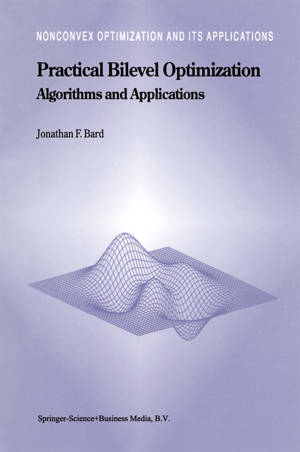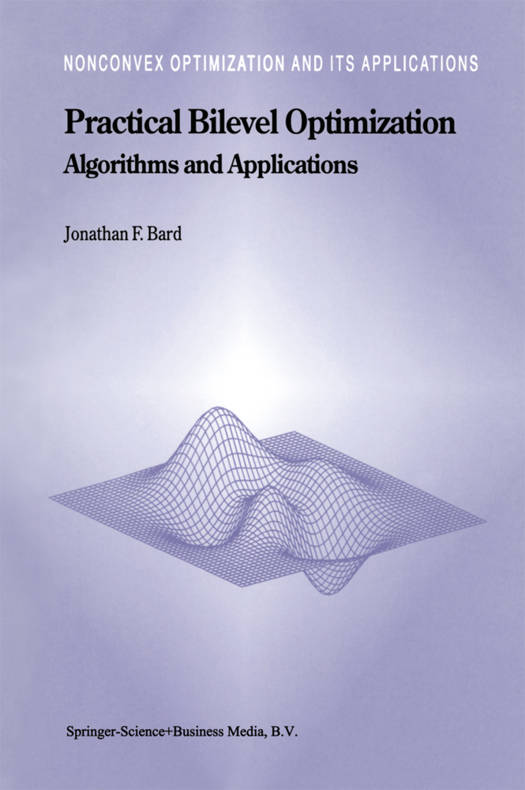
- Afhalen na 1 uur in een winkel met voorraad
- Gratis thuislevering in België vanaf € 30
- Ruim aanbod met 7 miljoen producten
- Afhalen na 1 uur in een winkel met voorraad
- Gratis thuislevering in België vanaf € 30
- Ruim aanbod met 7 miljoen producten
Zoeken
€ 349,45
+ 698 punten
Uitvoering
Omschrijving
The use of optimization techniques has become integral to the design and analysis of most industrial and socio-economic systems. Great strides have been made recently in the solution of large-scale problems arising in such areas as production planning, airline scheduling, government regulation, and engineering design, to name a few. Analysts have found, however, that standard mathematical programming models are often inadequate in these situations because more than a single objective function and a single decision maker are involved. Multiple objective programming deals with the extension of optimization techniques to account for several objective functions, while game theory deals with the inter-personal dynamics surrounding conflict. Bilevel programming, the focus of this book, is in a narrow sense the combination of the two. It addresses the problern in which two decision makers, each with their individual objectives, act and react in a noncooperative, sequential manner. The actions of one affect the choices and payoffs available to the other but neither player can completely dominate the other in the traditional sense.
Specificaties
Betrokkenen
- Auteur(s):
- Uitgeverij:
Inhoud
- Aantal bladzijden:
- 476
- Taal:
- Engels
- Reeks:
- Reeksnummer:
- nr. 30
Eigenschappen
- Productcode (EAN):
- 9781441948076
- Verschijningsdatum:
- 9/12/2010
- Uitvoering:
- Paperback
- Formaat:
- Trade paperback (VS)
- Afmetingen:
- 156 mm x 234 mm
- Gewicht:
- 680 g

Alleen bij Standaard Boekhandel
+ 698 punten op je klantenkaart van Standaard Boekhandel
Beoordelingen
We publiceren alleen reviews die voldoen aan de voorwaarden voor reviews. Bekijk onze voorwaarden voor reviews.











